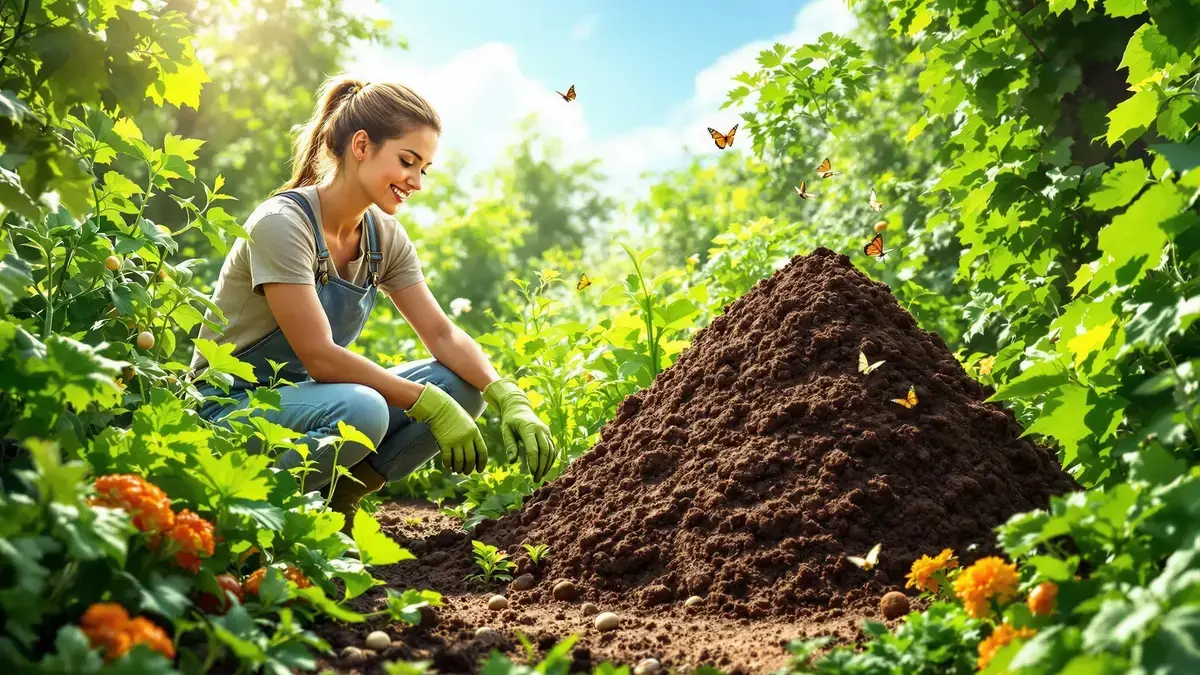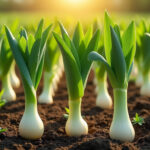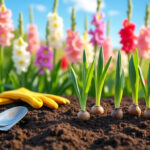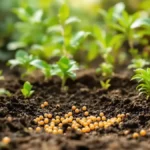In a world where the preservation of our ecosystem is essential, gardeners are turning to environmentally friendly techniques to ensure abundant harvests. By returning to ancient methods such as composting and natural fertilizers, they promote soil health while avoiding harmful chemical fertilizers. Discover how adopting natural solutions not only enhances your gardens but also benefits our planet through this green adventure.
Key Information
- Discover the environmentally friendly techniques of gardeners.
- Learn how to create homemade compost to enhance your soil’s health.
- Explore natural fertilizers that promote abundant harvests.
- Adopt natural solutions for sustainable and planet-friendly gardening.
Gardeners’ Secret: Environmentally Friendly Techniques
Today’s gardeners are turning to environmentally friendly techniques to grow their plants. By integrating natural solutions into their practices, they prioritize methods that not only preserve the earth but also ensure abundant and healthy harvests. This conscious approach allows gardeners to become key players in the preservation of our ecosystem.
Essential Natural Solutions for Abundant Harvests
To maximize yields, gardeners are learning to move away from conventional methods, which often rely on chemicals. By using natural solutions, they find that their crops benefit from a balanced nutrition, thus promoting plant growth while preserving soil quality.
Returning to Ancient Methods: Composting and Natural Fertilizers
One of the practices making a strong comeback is composting. Drawing inspiration from ancient methods, gardeners create their own compost from organic waste. This not only reduces waste but also enriches the soil with essential nutrients, fostering a healthy ecosystem in the garden.
Preserving Soil Health and Ecosystem
Soil health is crucial for ensuring sustainable harvests. By applying environmentally friendly techniques, gardeners promote biodiversity that preserves local flora and fauna. By avoiding chemical fertilizers, they contribute to a living soil, rich in beneficial bacteria and organic matter.
Limits of Chemical Fertilizers: Negative Impact on Taste, Soil, and Wildlife
Chemical fertilizers, while effective in the short term, have notable limitations. Their use can alter the taste of the harvests and harm soil quality. They can also have detrimental effects on wildlife, disrupting the natural balance and often leading to the disappearance of species essential to the garden.
Homemade Compost: Effective and Economical for Strengthening Soil
Creating homemade compost is not only economical but also an extremely effective technique for enhancing soil structure. By enriching the earth with organic matter, gardeners play a vital role in the fertility of their crops, resulting in healthier and tastier harvests.
Steps for Successful Compost: Aeration, Alternating Layers, Varied Mix
To achieve quality compost, certain steps are essential. Good aeration is crucial, as is creating alternating layers of dry and wet materials. A varied mix of ingredients also promotes effective decomposition, leading to nutrient-rich compost.
Preferred Ingredients: Peels, Coffee Grounds, Eggshells
The ingredients chosen for the compost play a key role in its quality. Fruit and vegetable peels, coffee grounds, and eggshells are to be favored, as they enrich the compost with essential nutrients. However, it’s important to avoid adding dairy products and meats, as this could attract pests to the garden.
Complementary Natural Fertilizers: Coffee Grounds, Eggshells, Nettle Manure
In addition to compost, using natural fertilizers such as coffee grounds, eggshells, and nettle manure can give crops a boost. These ingredients provide complementary nutrients, and their dosage should be adjusted according to the specific needs of each plant.
Nature and Human Intervention in Harmony
By adopting natural solutions, gardeners establish a relationship of harmony with nature. This approach, which values biodiversity and respect for ecosystems, represents a necessary shift in response to contemporary environmental challenges. It is a commitment to the planet and future generations.
Ready for the Green Adventure and Wonders of Ecological Gardening?
Ecological gardening represents a true green adventure that requires a commitment to sustainable practices. By adopting these environmentally friendly techniques, every gardener can not only transform their space but also actively contribute to the preservation of the earth. Taking on the challenge of ecological gardening allows exploration of the wonders nature has to offer while respecting our environment.
















